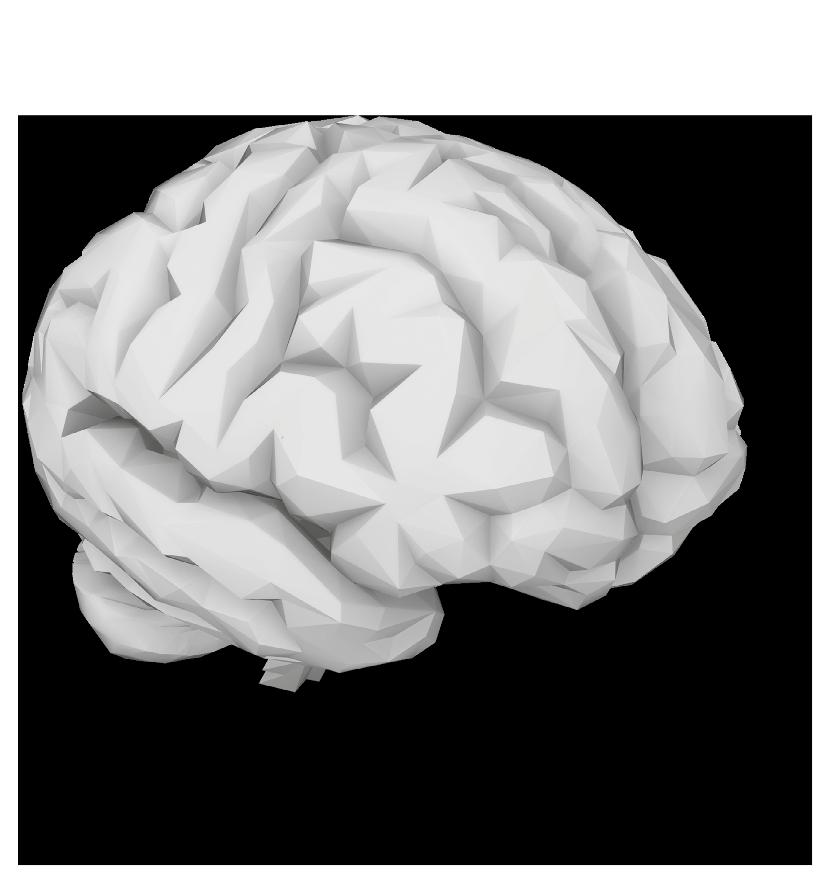





Joy is something that is felt by everyone. You may feel it when you’re talking to your friends or when you’re doing your favourite hobby. It seems so simple, you do something you like and you feel joy. However, it is in fact quite complex and it is controlled by a series of chemical reactions. Therefore, as A level students studying chemistry, we decided to research and explore the link between chemistry and joy through the hormones that initiate the reactions to enable us to feel happy.
One of the most popular hormones that is associated with joy and happiness is serotonin. In fact, to help treat depression, SSRIs or selective serotonin re-uptake inhibitors are prescribed. These drugs help prevent serotonin from being reabsorbed by the cells that release them. This helps increase the level of serotonin that is transported through the body.
Serotonin’s chemical name is 5-hydroxytryptamine as it is derived from an amino acid called tryptophan. Therefore, a diet high in protein, particularly tryptophan, can help increase serotonin levels.
The chemical is produced and released in the brain, digestive system, skin and blood cells and it also functions as a neurotransmitter. There are multiple serotonin receptors in the body which can help explain why serotonin is produced in so many different places and why it has a variety of functions. Serotonin can help regulate mood, digestion, sleep, memory and learning. It is also linked to stress. Doing things which you enjoy, such as listening to music, causes you to feel less stressed and this increases serotonin levels.
The receptors will have a specific shape so that the serotonin molecule can bind to them.
As serotonin affects so many different aspects of our lives, the optimum level of it in our body can help us feel calm and happy as our quality of life is increased by its presence. Therefore, even though the molecule may not directly cause joy, its diverse functions help us live our lives in a carefree way, which causes us to feel less stressed and happier!
Dopamine is a type of neurotransmitter. Your body makes it, and your nervous system uses it to send messages between nerve cells. Dopamine plays a role in how we feel pleasure. It's a big part of our unique human ability to think and plan. It helps us strive, focus, and find things interesting.
To make dopamine, an amino acid called tyrosine changes into precursor dopa, a compound found in nervous tissue, and then into dopamine. It’s produced in three parts of the brain: the substantia nigra, ventral tegmental area and hypothalamus of the brain. To increase your dopamine levels, eat foods rich in tyrosine such as cheese, meats, fish, dairy, soy, and seeds.
This “feel good hormone” is involved in reward-related incentive learning, and it modulates behavioural choices, especially reward-seeking behaviours.
Written by Bhaavya & Haniya – Lower VI (Year 12)


